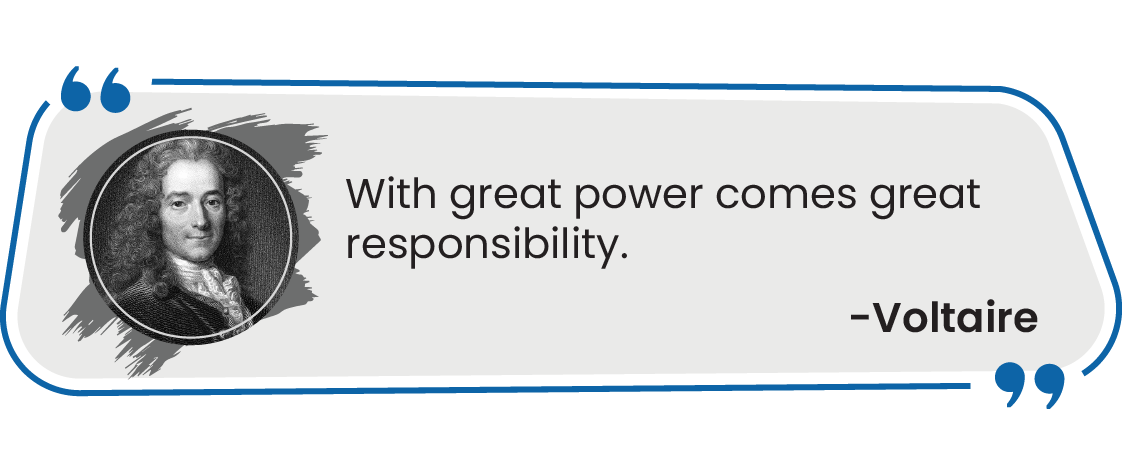Introduction
The role of public figures in shaping public opinion is immense. Recently, the Enforcement Directorate (ED) charged many celebrities, including popular actors and TV hosts, for allegedly promoting illegal betting apps, violating gambling and money laundering laws. This incident mirrors earlier controversies, such as endorsements of harmful products like tobacco surrogates, alcohol, unhealthy foods, and unregulated crypto platforms, raising questions about celebrity ethics and social responsibility.
Key Stakeholders and Invested interest
Stakeholders | Key Interests |
Celebrities |
|
Companies/Platforms |
|
Government Agencies |
|
Society at large (especially youth) |
|
Key Ethical Issues in Celebrity Endorsement of Harmful Products
- Autonomy and Informed Consent: Endorsements often use emotional appeal while hiding risks, violating Kantian ethics which demands treating people as ends, not means.
- Advertising Standards Council of India (ASCI) guidelines also require visible "ad" labels, disclosure of payments/gifts, and verified claims.
- Accountability and Responsibility: Following Gandhian Trusteeship, fame should be used as a trust for public welfare.
- The Consumer Protection Act, 2019 also holds endorsers liable for false or misleading ads.
- Beneficence and Non-Maleficence: Celebrities have a duty to 'do good' and 'do no harm'. Promoting harmful or illegal products violates both.
- Example, Celebrities criticising sugar on TV but endorsing chocolates and ice creams.
- Erosion of Role-Model Integrity: Virtue ethics values honesty, prudence, and social responsibility.
- Repeatedly endorsing questionable products damages moral authority and weakens their influence as role models.
Key Challenges in Preventing Celebrity Endorsement of Harmful Products
- Financial Incentives Override Ethics: Celebrities receive substantial compensation for endorsements, creating powerful financial incentives that can override ethical considerations.
- Information Asymmetries: Celebrities often depend on company-provided information without independent verification, making them vulnerable to misleading claims by manufacturers or service providers.
- Celebrity Worship Culture: Deep cultural reverence for celebrities in many societies makes it difficult to hold them accountable, as public backlash against regulation may be seen as attacking beloved figures.
- Evolving Product Categories New product categories like digital assets and online betting platforms emerge faster than regulatory frameworks can adapt, creating temporary regulatory voids that can be exploited.
- Limited Regulatory Resources Oversight agencies often lack sufficient manpower and technology to monitor the vast landscape of celebrity endorsements across multiple platforms and media channels.
Way Forward for Ethical Celebrity Endorsements

- Ethical Self-Audit: Celebrities should follow personal endorsement guidelines, verify brand legality, and declare all paid promotions transparently.
- Celebrities should use fame to promote public-good causes like health, environment, legal awareness, and financial literacy.
- Responsible Industry Practices: Brands and agencies should prioritise long-term social responsibility over quick profits.
- Strong Policy Framework: Develop sector-specific rules for high-risk areas (e.g., gambling, finance), mandatory disclosures, and self-regulation councils of celebrities, experts, and consumers.
- Public Awareness Campaigns: Encourage critical consumer thinking regarding celebrity endorsements.
- Collective Moral Responsibility: Ethical behavior should not be driven only by fear of punishment, but by a sense of collective responsibility towards the public good.
Conclusion
In a society where fame commands trust, public figures must act as custodians of that trust. Endorsements are not merely commercial acts; they are moral choices with real societal consequences.
Check your Ethical AptitudeWith the rise of digital platforms, celebrities promoting illegal or harmful products have attracted increasing scrutiny. While Indian laws such as the Consumer Protection Act, 2019, ASCI guidelines, and recent directives from the Department of Consumer Affairs aim to regulate these endorsements, challenges remain due to gaps in transparency and ethical responsibility. Against this backdrop, answer the following questions:
|




